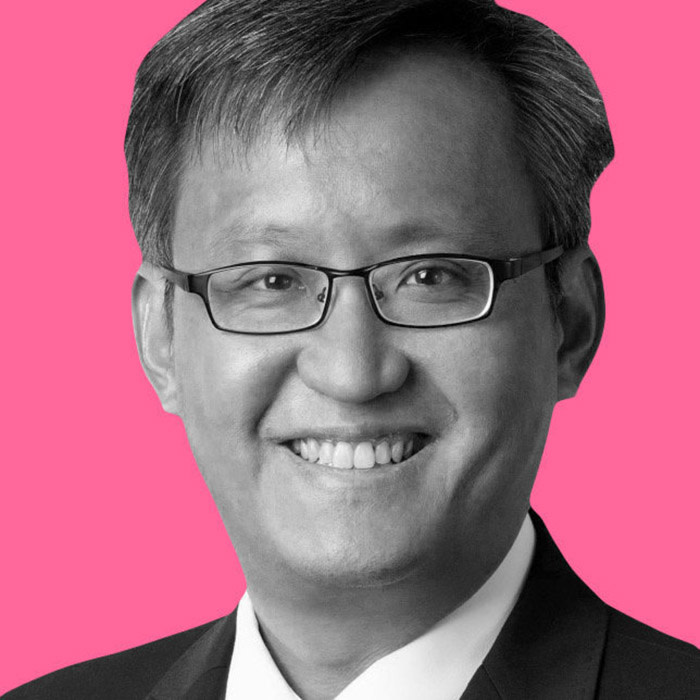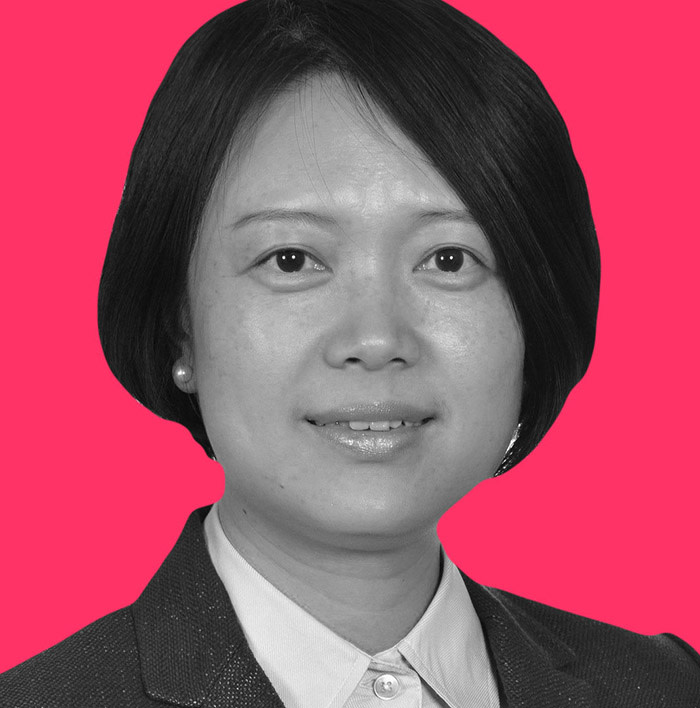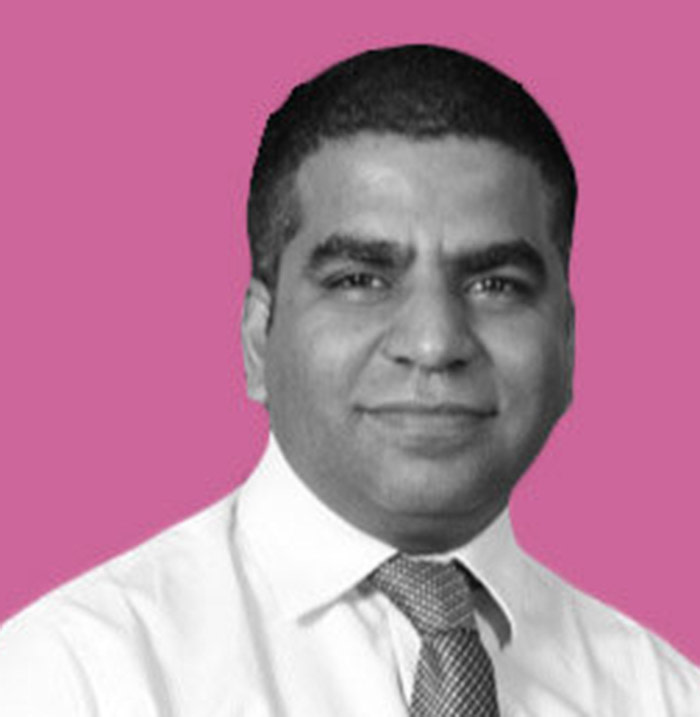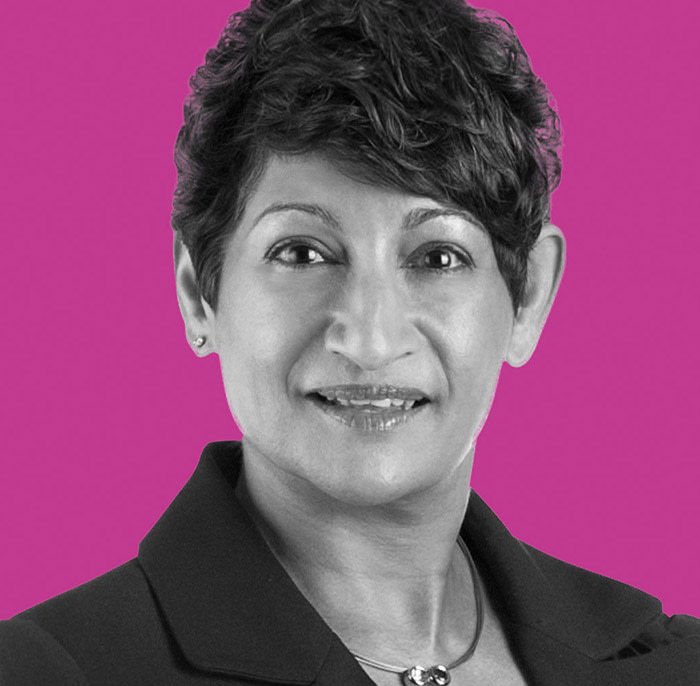In-house teams drive changes in mindset

Roula Khalaf, Editor of the FT, selects her favourite stories in this weekly newsletter.
A brightly coloured painting of a girl hangs across the back of a large truck in Pakistan’s province of Punjab. The message alongside her (pictured) reads, “My father will give me my rightful share in his property. Will you also give your daughter her due share?”
The truck is one of 20 painted with messages promoting women’s rights that traverse the province. They rely heavily on imagery to communicate their message across rural areas where many are illiterate.
Alongside wall paintings and puppet shows, these advertisements are part of a widespread media campaign by the Asian Development Bank to educate isolated communities about matters such as domestic violence and unequal inheritance. By promoting greater respect for women in Pakistan and Afghanistan, the Asian Development Bank hopes to create conditions for social and economic development.
Pakistan ranks fourth worst in the world for its treatment of women, and is the worst country for gender discrimination, according to the Georgetown Institute for Women, Peace and Security. Nearly 30 per cent of women have experienced physical or sexual violence by an intimate partner.
Part of the problem, says Irum Ahsan, senior counsel at the Asian Development Bank, is in the legal system. In countries such as Pakistan the legal and judicial systems are male-dominated and while women lawyers and judges do understand women’s rights, she says, “they still feel handicapped in getting or imparting justice”.
Over the past year, Ms Ahsan has led a team that educated more than 400 judges about gender equity and sensitivity, and helped set up the country’s first gender-based violence courts. The courts now employ international best practices, including the use of technology to allow victims to give evidence from a different room and out of sight of their attackers.
The Asian Development Bank was established by its member states to reduce poverty in the Asia-Pacific region’s poorest countries. Through loans, grants, technical assistance and co-financing agreements with the private sector, it funded more than $20bn in projects in 2017.
The organisation’s legal team tops this year’s in-house ranking with five projects featured in the legal expertise, and rule of law and access to justice categories. Four of these are by the bank’s Law and Policy Reform (LPR) programme, which relies on the volunteer time of its lawyers. They include creating new company law and insolvency legislation in Myanmar, training judges in environmental law across south-east Asia, a legal framework for arbitration to be used in the South Pacific, and improving approaches to counter money laundering in Mongolia.
The development body focuses its operations across 45 countries, both wealthy and developing, where it feels the work is most necessary. Its portfolio of 16 projects aimed at achieving legal and policy reform has $14m in funding behind it.
For the first time in the Asia-Pacific Innovative Lawyers report, initiatives from in-house legal teams are ranked as well as those from law firms. While projects in Pakistan, Myanmar or Mongolia stand out because they are helping to set the foundations for economic growth and justice, the majority of innovations from across the 20 top-ranked in-house legal teams are based in richer countries and focus on a different set of challenges.
Other programmes include promoting greater work-life balance for lawyers working in capital markets in Japan, and preparing the legal profession to work alongside artificial intelligence in Singapore and Australia.
Chee Kin Lam, general counsel at DBS Bank in Singapore and winner of an individual award (see panel below), is supporting the bank’s move into areas such as wearable technology. He is an early adopter of new artificial intelligence and data analytics tools within his legal team.
One of Mr Lam’s biggest challenges is a human one. “It is trying to get 462 people to be innovative, forward-thinking, and future-ready,” he says. Mindful of the threat that automation poses to some legal jobs, he says: “If you don’t map out career progression and help them to identify their place in the future, they will get stuck in ‘business as usual’.”
Through what he refers to as his “moon shot project”, Mr Lam is attempting to shape “the lawyer of 2030”. Lawyers at the bank are now required to achieve a level of digital literacy to make progress in their careers. “The real point is that you must give people hope that robots won’t take all their jobs,” he says.
Mr Lam and the DBS legal team are also working with law firms, entrepreneurs, the public sector and universities to produce Singapore’s next generation of legal talent.
Westpac’s xLabs programme, launched in collaboration with the University of Technology Sydney’s faculty of law, and the Australian law firm Sparke Hellmore, has a similar ambition for Australian lawyers. The bank’s programme includes a Westpac internship and mentoring for students of UTS’s new legal futures and technology degree course.
Tim Hartin, Westpac’s company secretary, says: “We felt we had an obligation to act as a kind of steward to help ensure students gain skills and experiences which will be needed for them to play a meaningful role in the workplace of the future.”
Innovative General Counsel
INDIVIDUAL WINNER

Chee Kin Lam, Managing director and head of group legal, compliance and secretariat, DBS Bank
— Singapore
Mr Lam promotes a mindset of “self-disruption” to encourage dynamic thinking among his team, which he is encouraging across the business. He holds advisory positions on external committees shaping the “lawyer of 2030” — a professional who is digitally literate and an ethical leader.

Hannah Cao,
General counsel, Silk Road Fund
— China
The first lawyer at the sovereign wealth fund, Ms Cao now oversees a team that supervises investments in projects which include Yamal LNG, a $27bn flagship liquefied natural gas development on the Arctic coast of Siberia in Russia. She is a promoter of local legal talent and argues general counsel can become more influential in their organisations’ direction and values.

Sandeep Kapoor,
Director of Legal, Sequoia Capital India
— India
Mr Kapoor helped implement custom legal tech to support the venture capital firm’s compliance and legal functions. He is responsible for overseeing the firm’s portfolio companies, and is credited with helping triple its investments. He put his team through coding training and speaks regularly on legal tech.

Ferheen Mahomed,
Group general counsel, HKEX
— Hong Kong
Ms Mahomed helped establish Bond Connect, a new platform that helps integrate China’s financial system with global markets by using international systems and settlement agents to trade bonds. She also sits on the board of the Asian University for Women, which helps provide access to education.
Explore the Innovative Lawyers Asia-Pacific rankings 2018

Overall
- Rule of law and access to justice • In-house
- Most Innovative Law Firms (International)
- Most Innovative Law Firms (Asia-Pacific)
- Most Innovative In-House Legal Teams
Business of Law
- Australia • In-house
- New business & service delivery models • In-house
- New products & services
- Talent, strategy and changing behaviours • In-house
- Technology • In-house
Legal Expertise
- Accessing new markets & capital
- Accessing new markets & capital (Asia-Pacific)
- Accessing new markets & capital (International)
- Australia • In-house
- Dispute resolution
- Driving value • In-house
- Enabling business growth • In-house
- Managing complexity & scale
- Managing complexity & scale (Asia-Pacific)
- Managing complexity & scale (International)
Comments